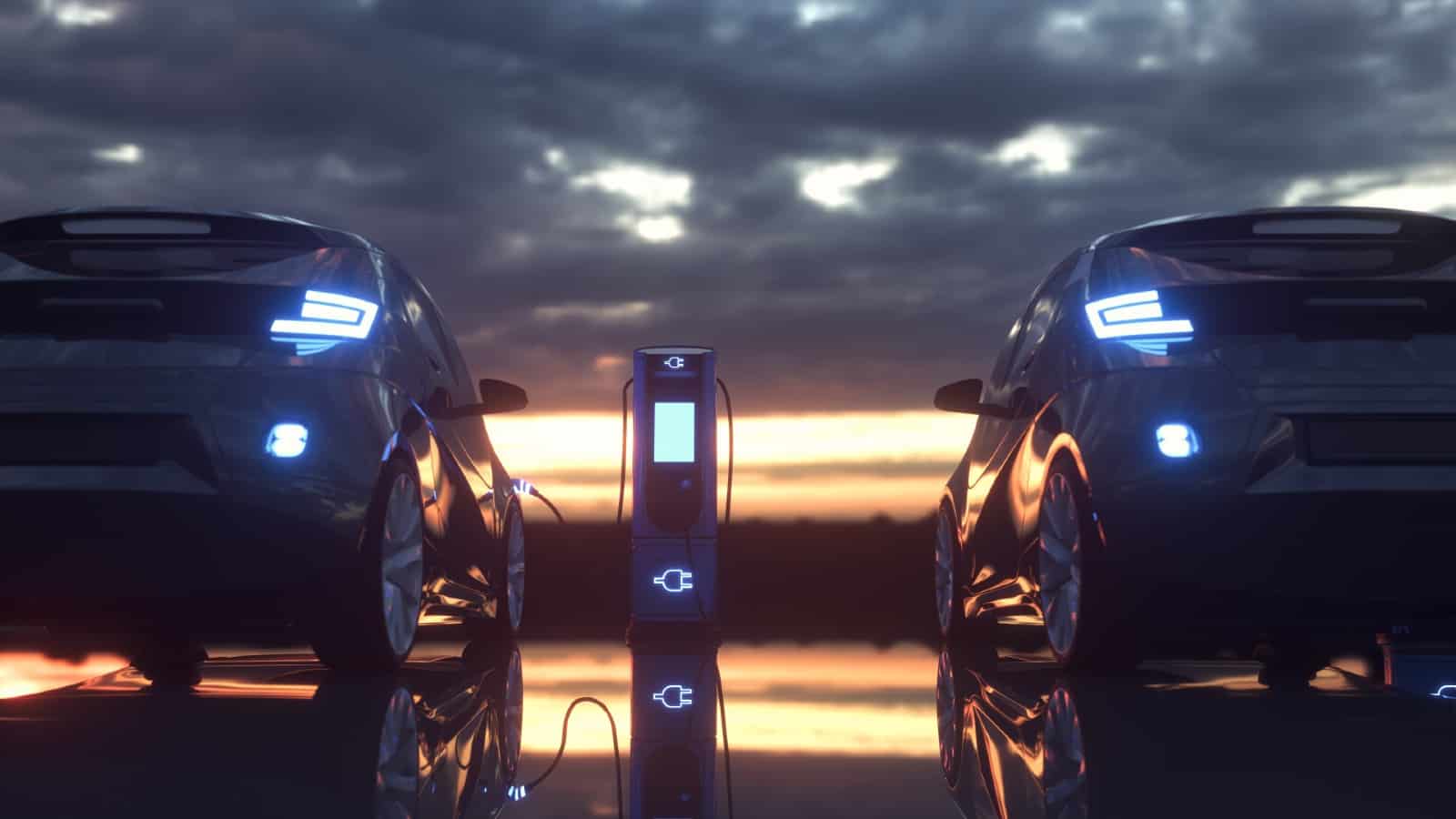Tesla (NASDAQ: TSLA) stock has lost over a quarter of its value this year as the electric vehicle (EV) trailblazer faces a multitude of challenges.
Higher interest rates are making it more expensive for consumers to finance the purchase of cars, leading to slower sales. And rival Chinese manufacturers like BYD are offering feature-rich EVs at bargain prices.
Plus, US-China trade tensions are rumbling on, while CEO Elon Musk is threatening to build artificial intelligence (AI) and robotics projects away from Tesla if he isn’t given 25% voting control.
Now, the company has also dropped a key aspiration. What’s going on here? And as a shareholder, should I be worried by all this?
The news
In 2020, Tesla said it aimed to sell 20m vehicles by the end of the decade — double the amount of Toyota. Essentially, this was Tesla telling the world that it intended to become the largest carmaker in the world.
However, in its annual impact report released on 23 May, the company omitted this 2030 delivery goal.
Of course, Musk is famous for his overly ambitious targets. His strategy is very much aim for the stars, and even you miss, you’ll land on the moon. So investors normally take his deadlines with a bucket of salt.
Nevertheless, the omission is noteworthy. Is it because the firm is really going all-in on robo-taxis? Is the long-promised, mass-market model now permanently off the table? We don’t know for sure.
Being realistic
What we do know is that there is a snowball’s chance in hell of achieving the original target anyway. Tesla delivered 1.8m cars in 2023, which represented solid sales growth of 38% over 2023.
However, that was well under its previously stated long-term annual growth target of 50%. And it said vehicle sales growth “may be notably lower” in 2024 than last year.
Moreover, reports say Tesla has cut Model Y production at its Shanghai gigafactory in response to dwindling demand and competition from low-priced Chinese EVs.
So, Tesla quietly dropping its aspiration for 20m vehicles by 2030 might have nothing to do with robo-taxis or mass-market models. It’s probably just a basic acknowledgment of reality. It’s unachievable.
What to do?
Tesla stock has never been cheap according to traditional valuation metrics, and that’s still the case today.
It’s trading at 63 times forward earnings. That easily makes it the most expensive of the ‘Magnificent 7’ group of tech stocks — Apple, Microsoft, Nvidia, Alphabet, Amazon, and Meta Platforms (née Facebook).
Therefore, I won’t be buying any more shares at this level, especially as China remains a wildcard. It’s a vast market with incredible growth potential, but there is regulatory risk and plenty of competition.
I’m still bullish on Tesla’s long-term future given its vast lead on Western carmakers when it comes to making and selling EVs profitably.
Plus, the company’s massive investments in AI means its self-driving software is now entirely AI-controlled. And because a self-driving car is basically a robot on wheels, advances in this technology should also lead to improvements in its Optimus humanoid robots.
The idea is for these bots to help build the EVs more quickly and one day be sold to other companies.
I’m not giving up on Tesla and will hold onto my shares.







